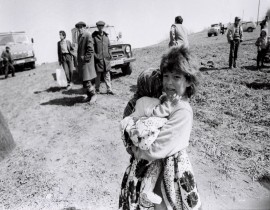Politicon.co
Taras Kuzio: On the normalization of the Turkish-Armenian relations
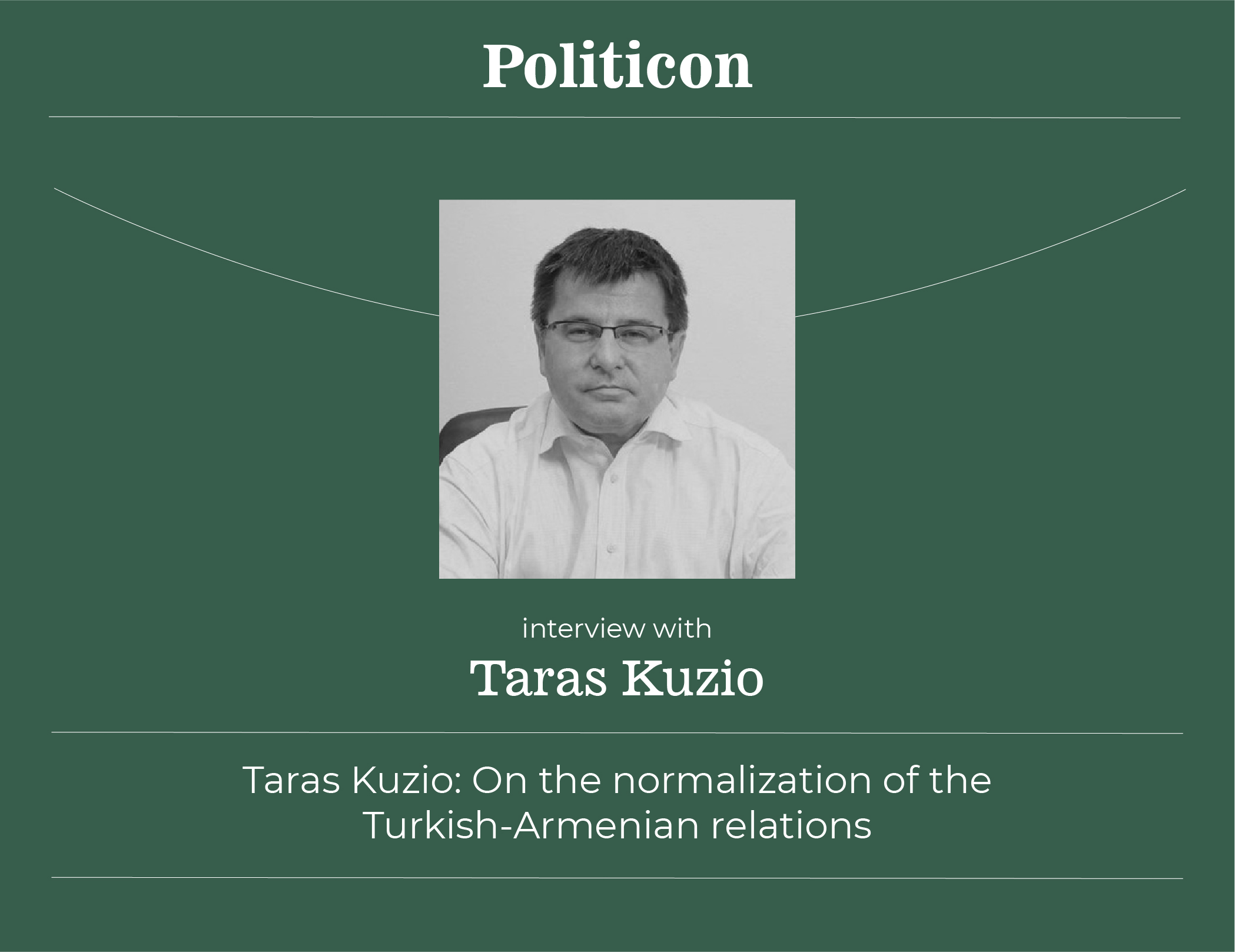
Taras Kuzio is a British political scientist, journalist and academic specializing in Ukrainian politics, economics and security affairs. During his three-decades-long career, he held various positions at the Society for Soviet Nationalities Studies, the International Institute for Strategic Studies, the National Democratic Institute, George Washington University, the University of Birmingham, Johns Hopkins University, University of Hokkaido, the Verkhovna Rada of Ukraine, and the NATO Information and Documentation Center. Kuzio is currently a senior fellow at the Canadian Institute of Ukrainian Studies, University of Alberta.
Yunis Abdullayev: Armenian Prime Minister Nikol Pashinyan announced the readiness of the country's authorities to normalize relations with Turkey. According to him, the Turkish President publicly commented on this possibility. 'In these statements, we see an opportunity to discuss the normalization of Armenia-Turkey relations, the restoration of road and rail links. We are ready for such a conversation, which can get a broader context,' said Pashinyan, according to the Armenia media. What can you say about his statement? How realistic is it that Pashinyan will be ready to get involved in the negotiations on this issue?
Taras Kuzio: Armenia cannot only normalize the relations with Turkey; because of the Tukish-Azerbaijani strategic partnership since the June Shusha Declaration. Armenia has to do this with Azerbaijan and Turkey at the same time. Armenia’s borders have been closed with Turkey and Azerbaijan for three decades since the First Karabakh War.
Yunis Abdullayev: What is the main interest of Pashinyan in the normalization of relations with Turkey?
Taras Kuzio: I believe Pashinyan wants to split Turkey from Azerbaijan using the imperial policy of “divide and rule” which Armenia no doubt learned from its old ally, Russia.
Yunis Abdullayev: Pashinyan said that Russia expressed its readiness to assist the normalization of Armenia-Turkey relations. The EU, in particular France, and the US are also interested in this process. Please tell us, to what extent will Russia and the West, especially France and the United States, be interested in this process?
Taras Kuzio: Western countries of course want to see the South Caucasus achieve a lasting peace settlement. At the same time, Western countries have been disengaged from the South Caucasus for a long time. President Biden angered Turkey by recognizing the events of 1915 as a “genocide” against Armenians, seemingly showing Washington sees Armenia as more strategically important than Turkey which has the second-largest army in NATO and hosts US nuclear weapons. Meanwhile, both Turkey and Azerbaijan rightly do not trust France because of President Macron’s open bias in favor of Armenia. As to Russia, President Putin plays his own games of “divide and rule” in the region and Armenian foreign policy is always coordinated with that of Russian interests.
Yunis Abdullayev: What kind of important works could the US and European Union provide to encourage the development of relations between Armenia and Turkey?
Taras Kuzio: The US should normalize relations with NATO member Turkey before trying to assist in the improvement of relations between Turkey and Armenia. Azerbaijan no longer wishes to include France in the Minsk Group and it should be replaced by maybe the EU. That way, both NATO and the EU will be seen to be taking an increased interest in security, stability and peace in the South Caucasus.
Yunis Abdullayev: Pashinyan said that he considers peace and stability in the region as a long-term strategy of the Armenian authorities. Please tell us, how true is it to say that Armenia, which has persistent territorial claims against the territorial integrity of its neighbor, supports a long-term strategy for peace and stability in the region?
Taras Kuzio: This is typical Soviet doublespeak worthy of George Orwell’s novel “1984.” If Armenia truly desires peace and stability with its neighbors it has to sign a peace treaty with Azerbaijan which recognizes the Soviet internal republican boundaries as the post-Soviet international boundaries. Such a treaty would end Armenian irredentist claims to Karabakh, allow Azerbaijan to propose policies to the small Armenian minority and these two policies that taken together would mean there was no longer a need for Russian peacekeepers whose mandate ends in 2025.
![]()
- TAGS :
- Azerbaijan
- Armenia
- Turkey
- Pashinyan
- Karabakh
- TOPICS :
- Conflict and peace
- REGIONS :
- Russia and CIS

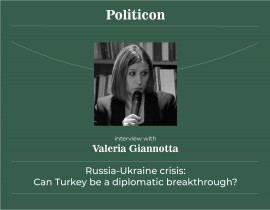


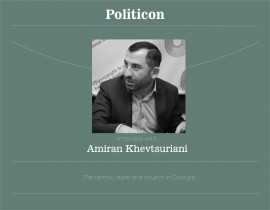

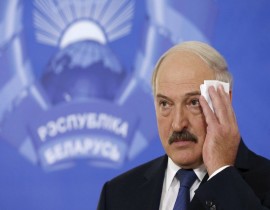
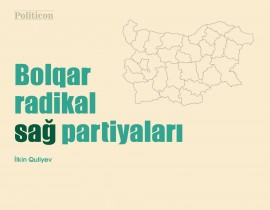
jpg-1599133320.jpg)
